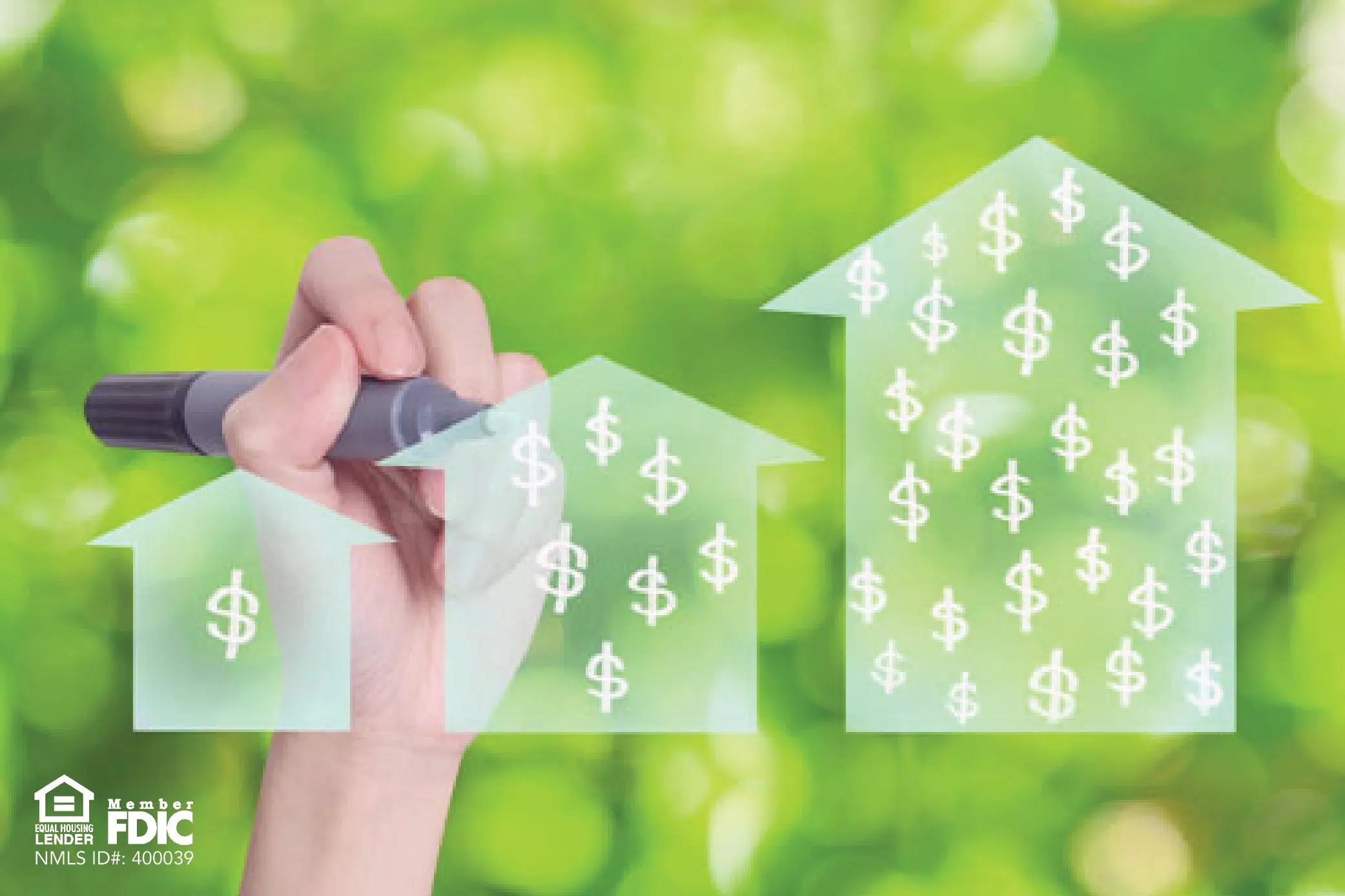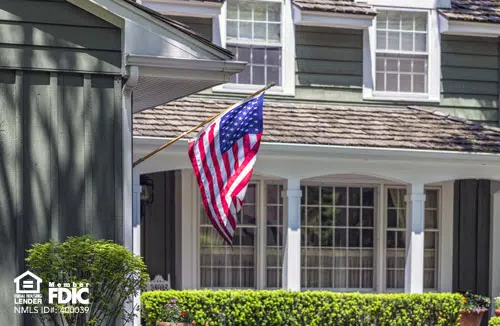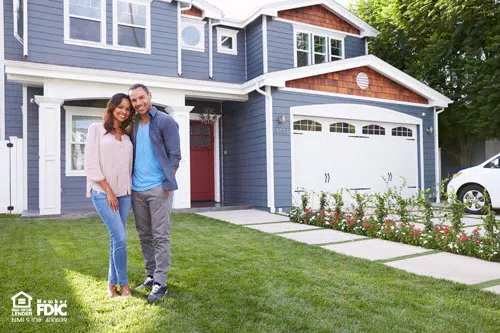The VA loan program is a route veterans, active duty service members, surviving spouses of service members, and National Guard members can all take when buying a house. Because the Department of Veterans Affairs backs VA loans where the owner defaults, lenders can afford to reduce the down payment requirement for qualified VA loan applicants.
With a lower down payment requirement than with a traditional mortgage, you could get into a new home faster. And since the Department of Veterans Affairs is backing the loan, there’s no private mortgage insurance required, thus reducing the monthly cost. However, in most cases, you will have to pay a funding fee, which goes towards the government’s guarantee for the loan. This fee can be added to your mortgage to avoid upfront costs.
If you are eligible for a VA loan, below are a few factors that influence how much you can borrow and what you’ll be able to spend on a property. Broken down, they are:
Limits Set by the VA
For each eligible applicant, the VA sets a $36,000 ‘entitlement,’ which is the amount of the loan they will guarantee. A VA-approved lender will generally provide up to four times this entitlement amount ($144,000) when you seek a * no down payment loan. The Veteran is income and credit-qualified, and the property appraises for the asking price. The VA does grant higher entitlements for individual counties where there is a higher cost of living. The VA 20121 Loan Limits are the same as the Federal Housing Finance Agency’s Limits. Please refer to 2021 Loan Limits (Effective January 1, 2021) for actual limits by county.
The VA also states that the appraised value of the home you purchase cannot exceed the mortgage amount. So, if your accepted offer for a house that is $25,000 over the appraised value of the home, you would need to pay the $25,000 difference to continue with a VA loan.
Debt-to-Income Ratio
The VA will also look at your debt-to-income (DTI) ratio. This ratio studies your monthly debts (including housing costs, recurring debt, and other outstanding payments) versus your gross monthly income.
Residual income is the amount of money you have left over each month, after all the debt in the DTI calculation is accounted for. Based on the size of your family and region, you will need to have a certain amount left to show you have enough residual income. You can find a chart on the VA's website that breaks down this amount by family size and region.
Costs of Owning a Home
Aside from the limits imposed by the VA, you will need to understand all the related costs of owning a home. When purchasing an older home, you should prepare for potential repairs or upgrades by setting aside a certain amount each month. Utilities such as water, trash, electricity, and gas will also need to be budgeted. If your home is part of a homeowner’s association (HOA), then you’ll need to be able to pay HOA fees.
Your Budget and Lifestyle
Ultimately, the amount you borrow is determined by your comfort level. Your housing payment should leave sufficient monthly income for other debts and allow flexibility for unexpected costs and changes in circumstances. Here's a calculator to help determine what your VA loan payments will be based on the purchased price, down payment, interest rate, military experience, and prior VA loan use.
When you’re ready to take the next step in your home buying journey or want to talk to a lender with VA loan experience, NASB is your dedicated resource. Call us at 888-661-1982 or click here to speak to a VA expert.
* VA requires a down payment if the borrower does not have sufficient entitlement, for Graduated Loan Payment loans or one where the loan amount exceeds the property value.




